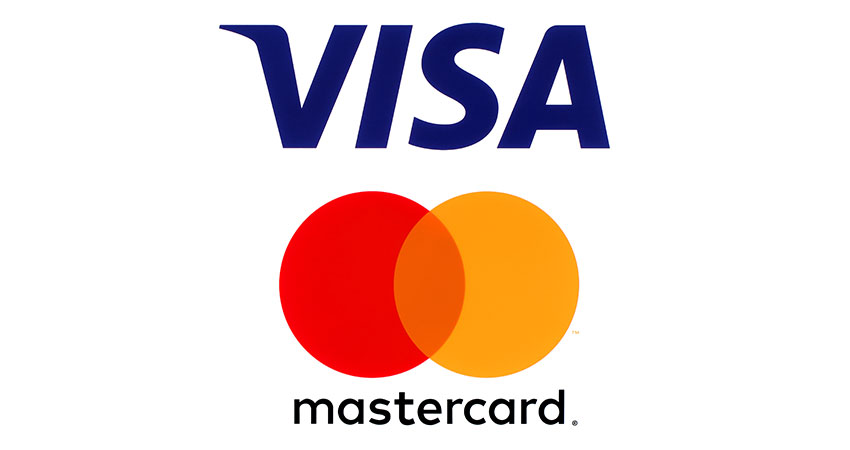For years, we’ve watched as the online market grew and transformed while chargeback processes remained the same. How we manage them has changed very little since the 1970s. The practices of card schemes i.e. payment networks regarding disputes aren’t adapted to the demands of a dynamic, multichannel and digital marketplace.
The gulf between industry policy and the practical realities of the market creates vulnerabilities and opens the door for new threats like friendly fraud and cyber shoplifting.
These threat sources cost businesses and consumers more and more every year. In fact, chargebacks cost businesses $31 billion in 2017 though lost revenue, merchandise, extra fees, overhead and threats to sustainability. It’s anticipated that the economic impact of friendly fraud alone will exceed $25 billion a year by 2020.
Something needs to be done now to address this threat. Fortunately, Visa and Mastercard are stepping up to take this challenge seriously.
New Visa, Mastercard Dispute Processes
Back in 2018, Visa introduced a set of rule changes called Visa Claims Resolution. This initiative overhauled the Visa chargeback process, starting with the company’s reason code list. Now, Visa groups its reason codes into four distinct classifications: Fraud, authorization error, processing error and consumer dispute. This makes it possible to route disputes through the correct workflow and either assign liability automatically or engage in a more in-depth process like Visa’s preexisting representment procedure.
By contrast, the rollout for the Mastercard Dispute Resolution initiative (MDRI) is an ongoing four-part process. Like Visa, Mastercard’s main aim with MDR is to make the chargeback process faster, fairer and less prone to abuse.
Mastercard hasn’t yet revealed all the details regarding every step in the rollout, but we do have some key details. For example, Mastercard is eliminating redundant, outdated and abuse-prone reason codes, like reason code 4840 (Fraudulent Processing of Transactions) and 4863 (Cardholder Does Not Recognize). In addition, issuers are required to collect more information from cardholders, and check for any refunds or reversals prior to initiating a dispute. This helps protect merchants against unjust enrichment and double refunds.
Will it Be Enough?
Updates to Visa and Mastercard’s chargeback policies are long overdue, and the changes introduced with these new policies will help to some degree. However, the change required is much more comprehensive than individual scheme updates.
According to a survey conducted last year by Chargebacks 911, most retailers reported little change in their chargeback situation after Visa implemented VCR. Even if the new rules are better suited to the needs of a dynamic online market, they only go so far toward addressing key problems like friendly fraud. As far as disputes go, it’s still a situation where merchants are considered guilty until proven innocent.
What we really need is a general recognition that there’s no consistent processes across card brands. This inconsistency causes confusion and makes the chargeback process unnecessarily complex and hard to navigate. The solution is for card schemes, banks and merchants to come together and establish consistent and fair procedures that we can standardize across all card brands.
One idea that could gain traction within the payments ecosystem is the introduction of an industry-wide consumer “dispute credit score.” This would allow schemes to track consumers who repeatedly commit chargeback abuse and report this behavior back for issuers to take action. Another idea would be to create a chargeback monitoring program for consumers and issuers. Then, if any party’s chargeback ratio exceeds a specified threshold, card schemes can act appropriately.
Pushing back against chargeback abuse demands a massive coordinated effort involving card schemes, banks and merchants. This isn’t going to be an easy process; we’re taking about a complete overhaul of how we think about disputes. It’s worth the effort, though, as it will substantially impact not just individual businesses, but the sustainability of the entire ecommerce market.
Monica Eaton-Cardone is COO and cofounder of Chargebacks911

